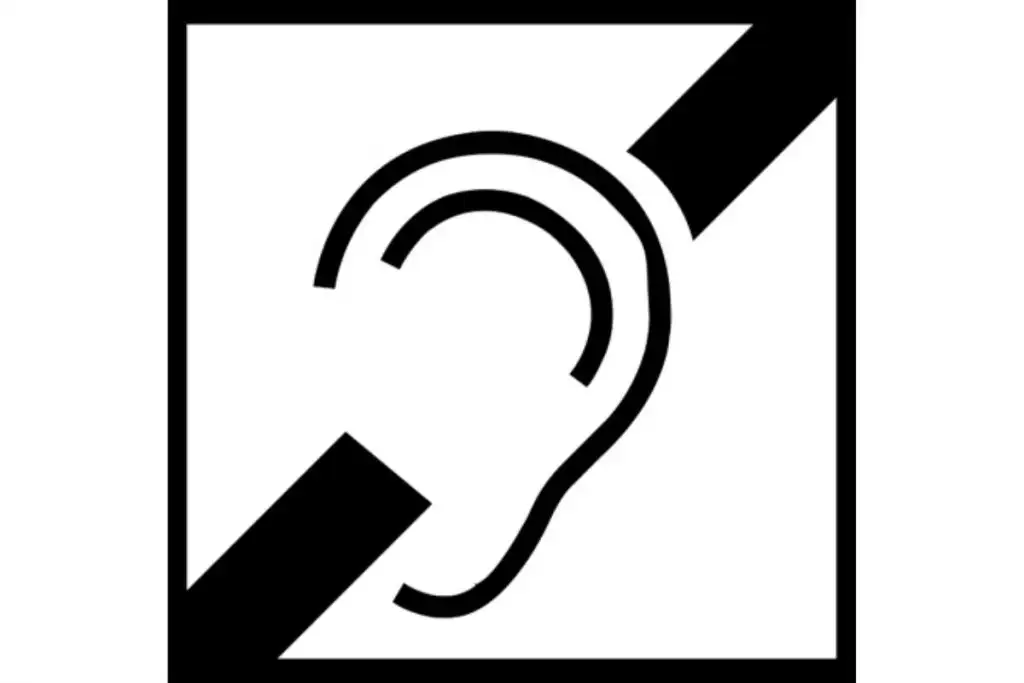As a parent, it’s important to be aware of the signs and symptoms of hearing problems in children. Many childhood hearing problems can be corrected if they are caught early. Unfortunately, many parents don’t realize their child has a hearing problem until it’s too late.
There are a number of things you can do to help take care of a child with hearing problems. The most important thing is to make sure your child gets the help they need. Early diagnosis and treatment is critical for helping your child reach their full potential.
Here are some tips for taking care of a child with hearing problems:
1. Get your child’s hearing checked regularly
You should take your child to a professional to get their hearing checked. This is important because many childhood hearing problems can be corrected if they are caught early. So it’s important to have your child checked regularly.
For example, the American Academy of Pediatrics (AAP) recommends that all babies have their hearing checked before they leave the hospital. And then again at their well-child visits at 1, 2, and 3 years old.
But hearing loss can happen at any age. So if you think your child might have a hearing problem, don’t wait. Get them checked as soon as possible.
2. Learn the signs and symptoms of hearing problems.
There are a number of signs and symptoms that can indicate a hearing problem in children. These include:
· Turning up the volume on the TV or radio
· Not responding when you call their name
· Asking people to repeat themselves
· Saying “huh?” or “what?” a lot
· Mispronouncing words
· Not being able to follow along in conversations
· Complaining of an earache
· Rubbing or pulling on their ear
If you notice any of these signs or symptoms in your child, make an appointment with a professional to have their hearing checked. There are various hearing solutions available depending on the severity of your child’s hearing problem. From hearing aids to cochlear implants, there are options out there to help your child.
3. Get involved in your child’s treatment
If your child is diagnosed with a hearing problem, it’s important to get involved in their treatment. This means working with professionals to come up with a plan that’s right for your child.
You’ll also want to make sure you understand your child’s hearing problem. This way, you can help them cope with their hearing loss and manage their condition. Additionally, you can provide support and guidance to your child as they grow and develop.
4. Encourage communication
If your child has a hearing problem, encourage communication. This means creating an environment where your child feels comfortable communicating with you.
Make sure you face your child when you talk to them. And try to use facial expressions and gestures to communicate. You may also want to write things down or use sign language.
The most important thing is to let your child know that you’re there for them and that you support them. Plus, by encouraging communication, you can help your child develop the skills they need to cope with their hearing loss.
5. Seek out support
If you’re struggling to care for a child with a hearing problem, seek out support. This can come from family and friends or from organizations that specialize in helping families dealing with hearing loss.
The Hearing Loss Association of America (HLAA) is one such organization. They offer resources, support groups, and information on hearing loss.
You can also find support from other parents who are in similar situations. There are a number of online forums and groups where you can connect with other parents of children with hearing problems.
Caring for a child with a hearing problem can be challenging. But it’s important to remember that you’re not alone.

Caring for a child with hearing problems can be difficult, but it is important to remember that you are not alone. There are many resources available to help you, including support groups and online forums. Additionally, there are organizations like the Hearing Loss Association of America that offer information and support specifically for families dealing with hearing loss. So don’t hesitate to reach out for help if you need it. With these tips and resources, you can help your child reach their full potential. Keep in mind that every child is different, so work with professionals to come up with a plan that’s right for your child. And most importantly, encourage communication and let your child know that you are there for them.

